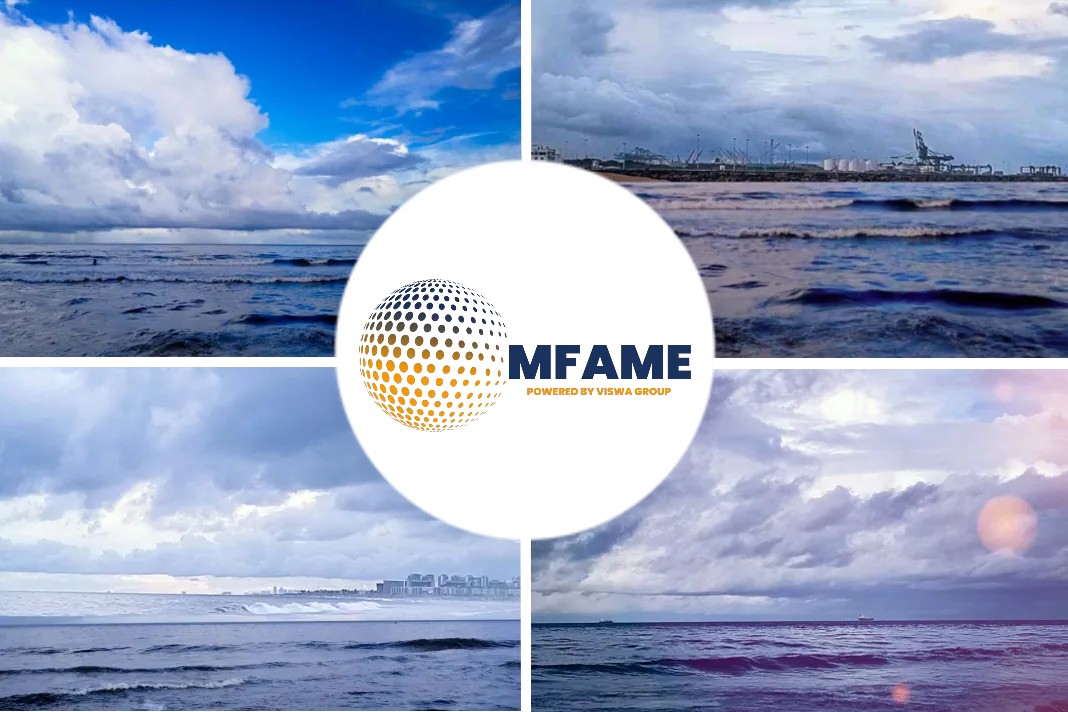Maintaining an accurate portable testing will enable enforcement of IMO’s Ballast Water Management Convention, reports Riviera Maritime Media.
Need for compliance testing
A total number of 80 states have endorse Ballast Water Management Convention impacting the operations of more than 80% of the global fleet, as of now.
As the number of ballast water treatment systems in the market continues to grow, there will be an inevitable acceleration in compliance monitoring.
It is vital that ballast water sampling and analysis is conducted using proven methods and is measured to a consistent industry standard, to overcome any ambiguity over results, or potential fines, delays and reputational damage.
Failure to deliver on this standard risks undermining the spirit of the convention.
International guidelines targeted
The current variance in ballast water testing standards is creating a significant challenge for regulators as they look to establish agreed guidelines.
- This ambiguity leads to uncertainty for Port State Control (PSC) at a time when portable testing is becoming increasingly key to ascertaining compliance.
- It is also creating genuine risk for shipowners who could potentially face the consequences of non-compliance.
ISO 11711-1:2013
ISO 11711-1:2013 provides guidance on the materials, design, and installation of equipment used to take samples of treated ballast water from the discharge pipe onboard a vessel.
Even then, it does not include a standard on how to perform the representative sampling and analysis of ballast water, meaning that inaccurate results could land even compliant shipowners in hot water.
It is crucial that any guidance being developed is reflective of the technical requirements of the regulation, the technical capability in the market, and the needs of regulators and shipowners, now and in the future.
Shipboard testing standards and guidance
Testing with a portable device that uses a proven methodology can provide both shipowners and PSC with an accurate assessment of ballast water compliance.
This allows shipowners to take preventative action before non-compliant discharges are carried out, and for PSC portable monitoring allows for efficient and targeted compliance assessment operations.
Chelsea Technologies is working closely with regulators including IMO, ISO and port authorities as a trusted and workable international standard is developed for ballast water sampling and analysis, one that is based on a proven methodology for representative sampling and analysis of ballast water.
Chelsea’s FastBallast compliance
Chelsea’s FastBallast compliance monitor pairs sensitive technical components with a statistical method to generate a cell density that is comparable with laboratory analysis across all species and water types.
This approach allows a measurement to be taken independent of an assumed cell size, in order to achieve accurate and precise readings to provide operators and port authorities with the highest level of confidence in compliance.
Invasive aquatic species have had a significant economic impact throughout the world, and accurate compliance testing is a vital line of defence in preventing the spread of harmful organisms.
Without accurate testing, the convention will not achieve its desired impact.
Did you subscribe to our daily newsletter?
It’s Free! Click here to Subscribe!
Source: Riviera Maritime Media


















